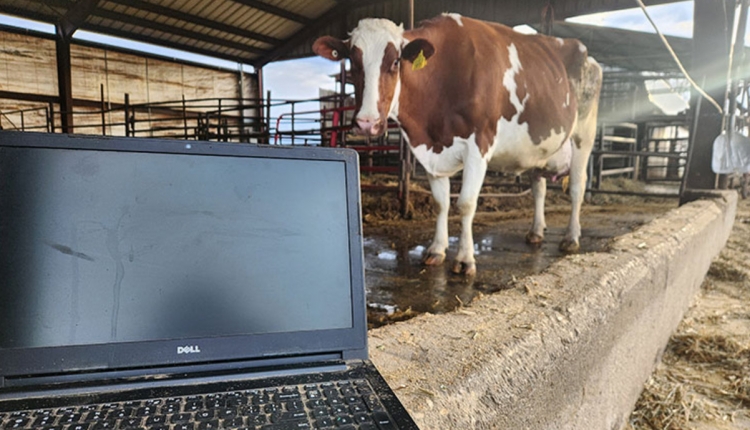We're familiar with the benefits of by-products in rations such as whole cottonseed, brewers grains, and beet pulp. When products like these can be successfully utilized by using all available parts, it is a win-win-win. That's because the environment wins, too, with little to no wasted end-product.
While by-products may not be readily available and at a reasonable price everywhere, it is a good idea to think outside the box for products that may be available. The west coast, for example, is well-known for its nut trees. Almond hulls have been used in rations for many years, but almond shells and rice hulls can be used for bedding, as well.
In the Northwest, grass seed (used for golf courses, football fields, and so forth) have a by-product called grass seed screenings. They can be added to rations, but be sure to test for mycotoxins. These dry screenings can also be used as bedding component because the quality of the screenings may vary.
Another less-known product that dairies might find beneficial in fruit-tree-growing areas is lime. Lime packaged in bags is used to preserve fruit in storage. When the fruit is sold, the bags of lime on palettes remain. It can be purchased at a very reasonable cost and used on dairies. Sometimes, it is simply being in the right place at the right time.
We produce a very valuable resource with by-product potential, too - manure. Most use this nutrient on their own crops and fields. But, consider who else in your area would find this natural product beneficial. Nurseries, tree farms, and vegetable growers all utilize fertilizer. Have you considered selling them some of your natural fertilizer? The savings to them and the added income to you could be a valuable partnership.
So, next time a product is grown, are all the inputs and outputs being used to an advantage? Maybe it is time you became part of the cycle, too.









